

Potential Induced Degradation, commonly referred to as PID is one of the chief causes of low solar production. Research shows that PID could reduce solar panel efficiency by as much as 30%!
This issue is a major reason why you should always avoid low-quality panels!
And, understanding this phenomenon will undoubtedly enhance your search for the perfect solar modules and inverters. So, let’s understand what PID means, how it happens, and the ways you can prevent/mitigate the problem.
What is PID?
We know that solar panels contain multiple solar cells which are responsible for transforming light into current. And we also know that current is nothing but the flow of electrons.
To transport this generated current to the inverter, cells have a defined path called cell fingers and busbar. This current from all the solar cells and the solar panels travels through these pathways before getting transferred to the inverter which converts the DC (Direct Current) to usable AC (Alternating current).
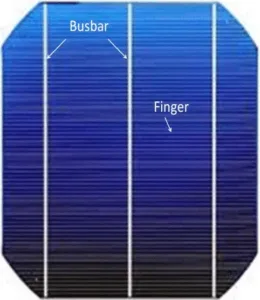
Image Source: Research Gate
But sometimes, rather than following this defined path, the negatively charged electrons start moving through the encapsulant and glass frame of the solar module towards the ground. The result? The energy which should ideally have gone to the inverter is now wasted, leading to lower generation.
This phenomenon which degrades solar efficiency is referred to as Potential Induced Degradation. PID is most evident in solar panels that are connected to the negative point of the string.
It occurs because the potential of the negatively charged solar cells is higher than the ground (which is neutral). Since electrons always move from higher potential to lower potential, the charges from solar cells start moving towards the ground. This current flowing through the panel frame can also increase the risk of electric shocks.
What causes PID?
Several factors, including temperature, humidity, and voltage, are responsible for the degradation of panel performance.
1. High Temperature and Humidity
In areas where the temperature and humidity are high, the dielectric strength of the encapsulant starts eroding.
Let’s understand this further.
A solar panel is made of several layers. Firstly, there is the glass, then the encapsulant material which encloses a solar cell, and finally the backsheet. The most commonly used encapsulant material is EVA (ethyl vinyl acetate) which is an insulator.
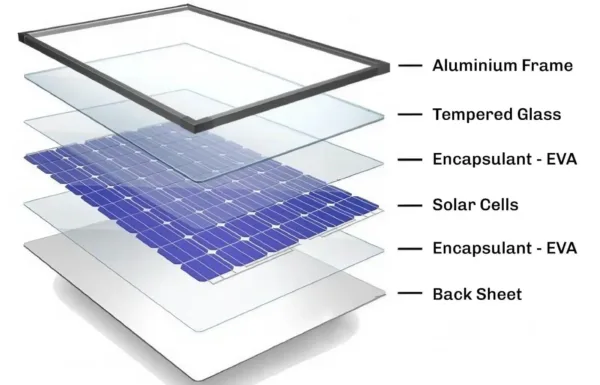
In humid and hot conditions, the insulation strength of the encapsulant becomes weaker. As a result, electrons from the solar cell find a less-resistant pathway to the ground, causing leakage of current.
2. Quality of Encapsulant Material
We now understand that encapsulants can start conducting electricity in certain conditions. However, it is crucial to note that this weakening of insulation properties can be traced back to the quality of the material used in the components.
Brands that compromise on this quality witness high levels of degradation in their products
3. System Voltage
In recent years, the voltages of PV systems have gone up. Nowadays, 1000-1500V PV systems are common in the solar market.
But, the higher the voltage, the higher the potential difference between the panels and the ground. Thus, the chances of PID in this scenario go up.
4. High Sodium Content in Glass
Another common reason for PID is the high sodium content of the glass frame used in modules. Due to this, sodium ions start accumulating over the surface of the panels. As a result conductivity increases, and so does the erratic flow of electrons.
Thus, one should always look for panels with low sodium content.
5. ARC Property
ARC refers to the anti-reflective coating which is applied to the panel surface to increase light absorption and decrease reflection. This is a dielectric coating, i.e., it does not allow electricity to flow.
But, if the coating is non-uniform at certain spots, it can provide a path for electrons.
Government Standards for PID
You might be wondering- since we cannot control factors such as temperature, humidity, and voltage, can PID even be prevented?
Here’s an undeniable fact. All solar panels will witness this type of degradation in their lifetime. However, the amount of degradation can definitely be reduced. In fact, certain solar panel brands have the technology to keep PID at the minimum levels.
But, how will you know which company to trust?
The government has standards in place to check the quality of solar modules. Every solar panel manufacturer has to test its product in certain conditions and present a certain level of performance before launching it in the market.
In India, there are two such standards that you can check while buying solar panels.
1. IEC- 62804
Under this standard introduced by the International Electrotechnical Commission, a solar brand has to operate its panel for 96 hours at 60℃ temperature and 85% humidity level. It is only approved if PID is less or equal to 5% in these conditions.
2. MNRE
The Indian Ministry of New and Renewable Energy has its own test in place to check the quality of panels. A panel has to be operated for 288 hours, at 85℃ temperature and 85% humidity level, and display less than or equal to 5% PID to gain MNRE certification.
Ways to Prevent/Mitigate PID
- Always invest in solar panel brands with high-quality components (glass and encapsulants)
- Opt for products with PID-resistant solar cell technology or panels that reduce degradation to a great extent.
- Ensure that your solar installer provides adequate negative grounding for the panels (DC side) and solar inverters (AC side).
- Research solar panel certifications like IEC and MNRE before buying panels. Always invest in brands that provide these standards, such as Canadian Solar and RenewSys.
Also Read
About Ornate Solar
Ornate Solar is a leading solar company with 8+ years of experience in the industry and the mission to reimagine the way solar is installed worldwide.
By not only partnering with the best-in-class solar brands but manufacturing our high-quality solutions, (panels, inverters, accessories, InRoof), we develop and deliver solutions that are modern, reliable, and effective.
If you are looking for high-quality solar panels, reach out to us at 011 43536666 to discuss your options.





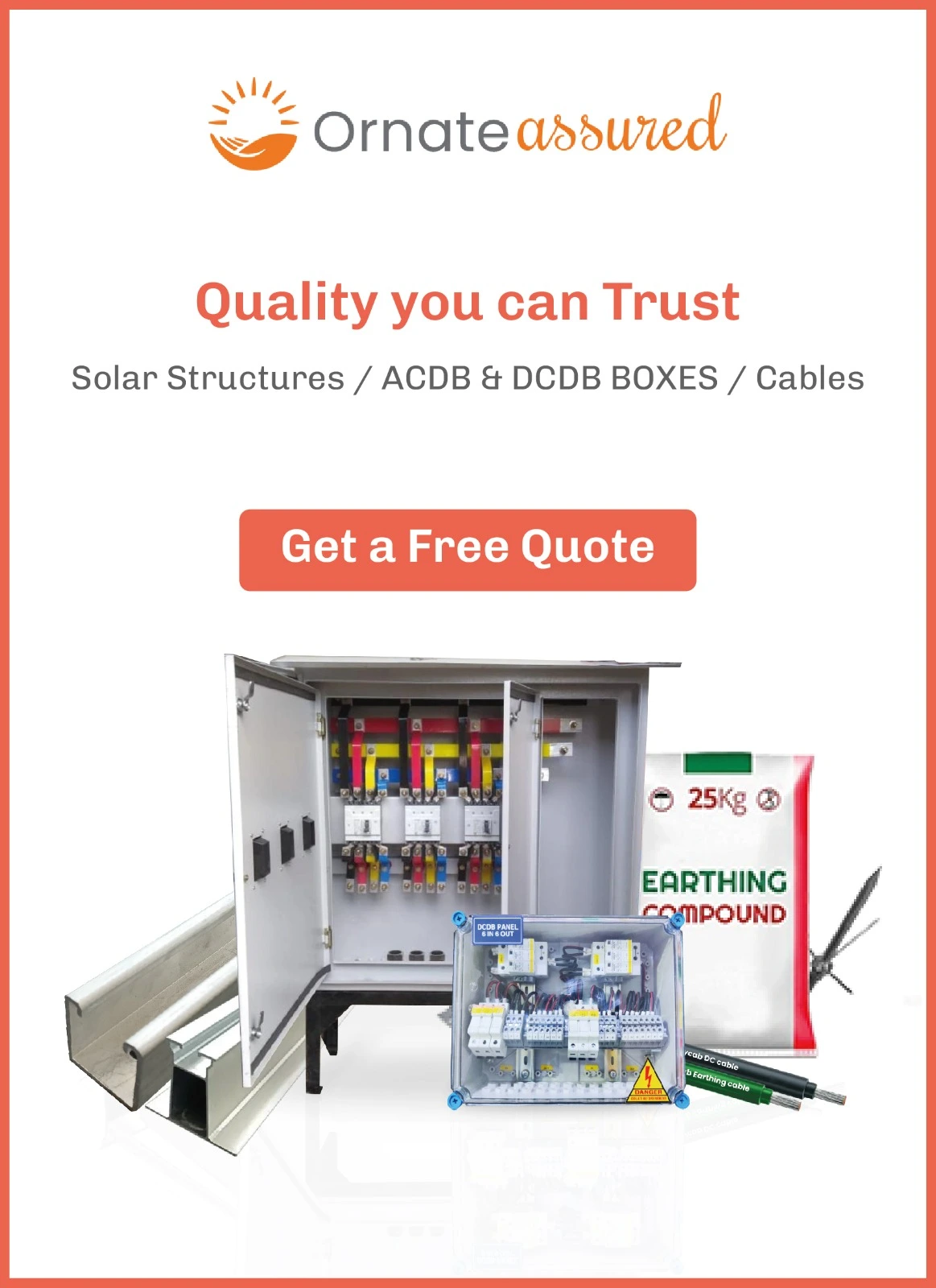

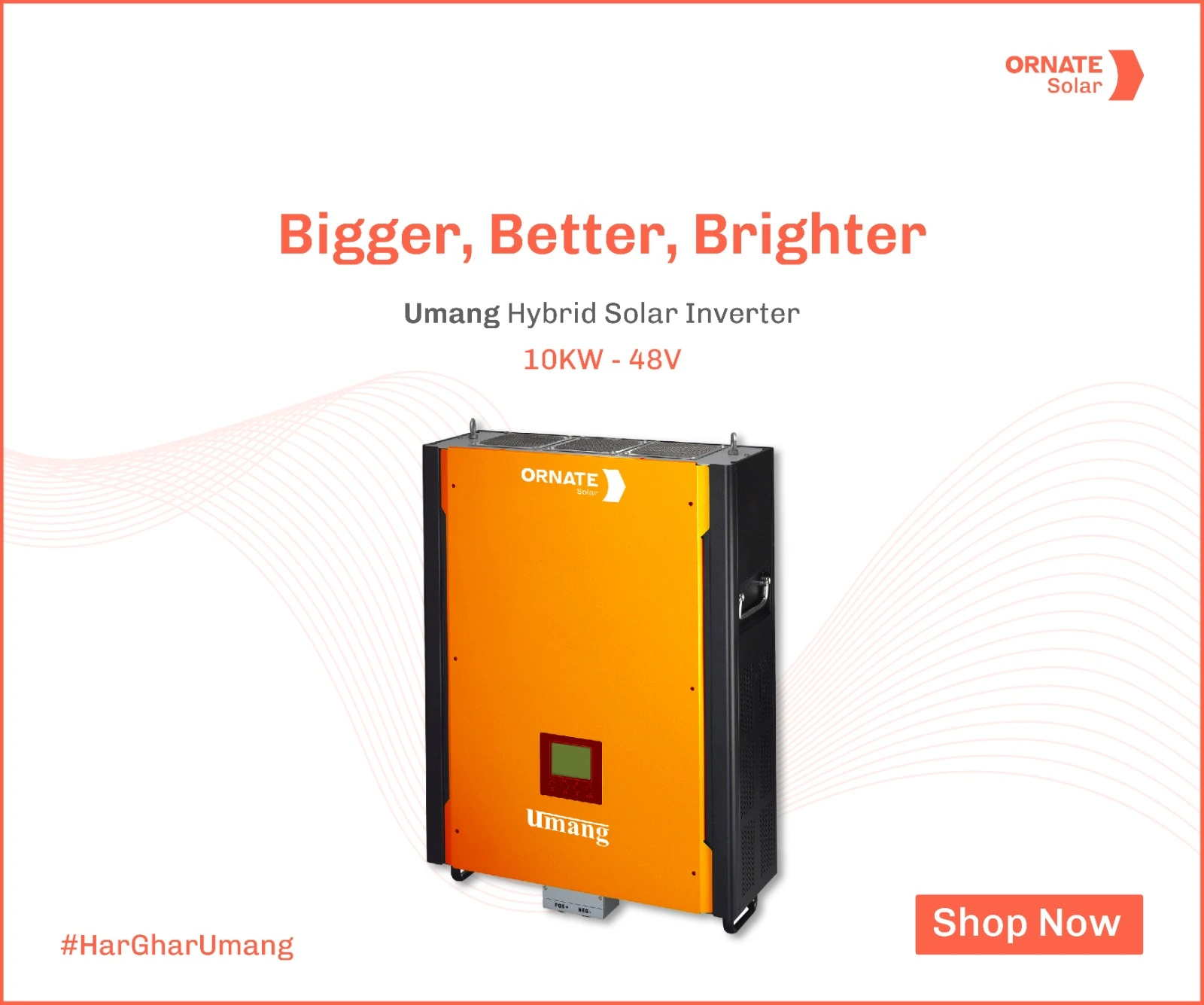


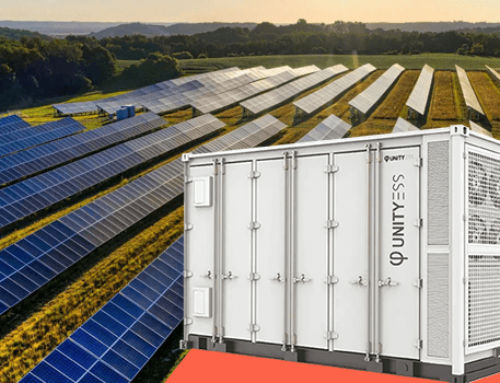
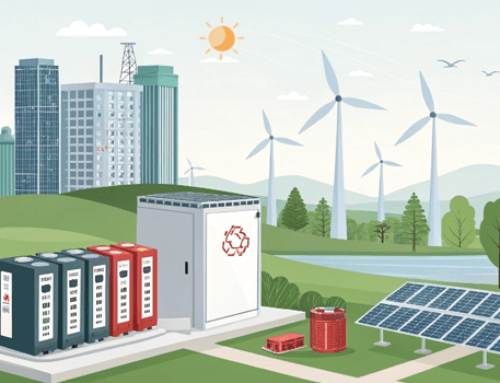
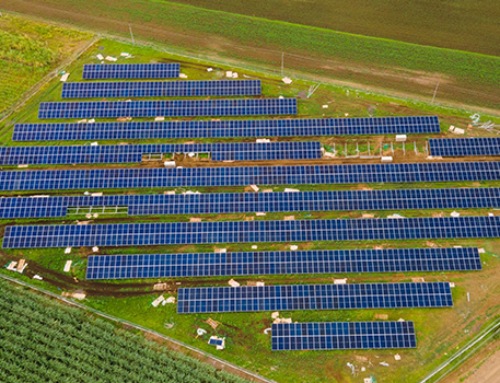
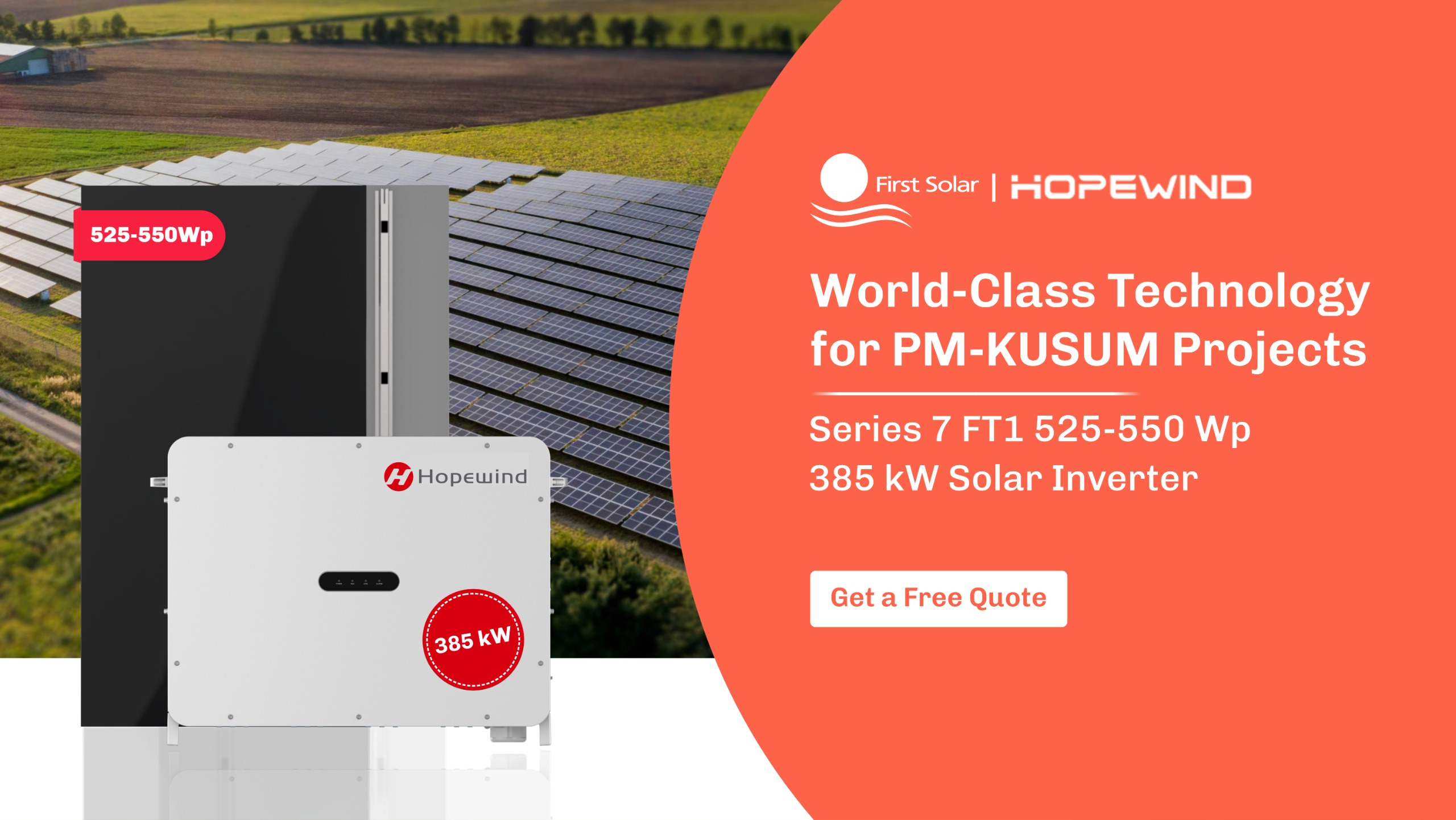
Leave A Comment